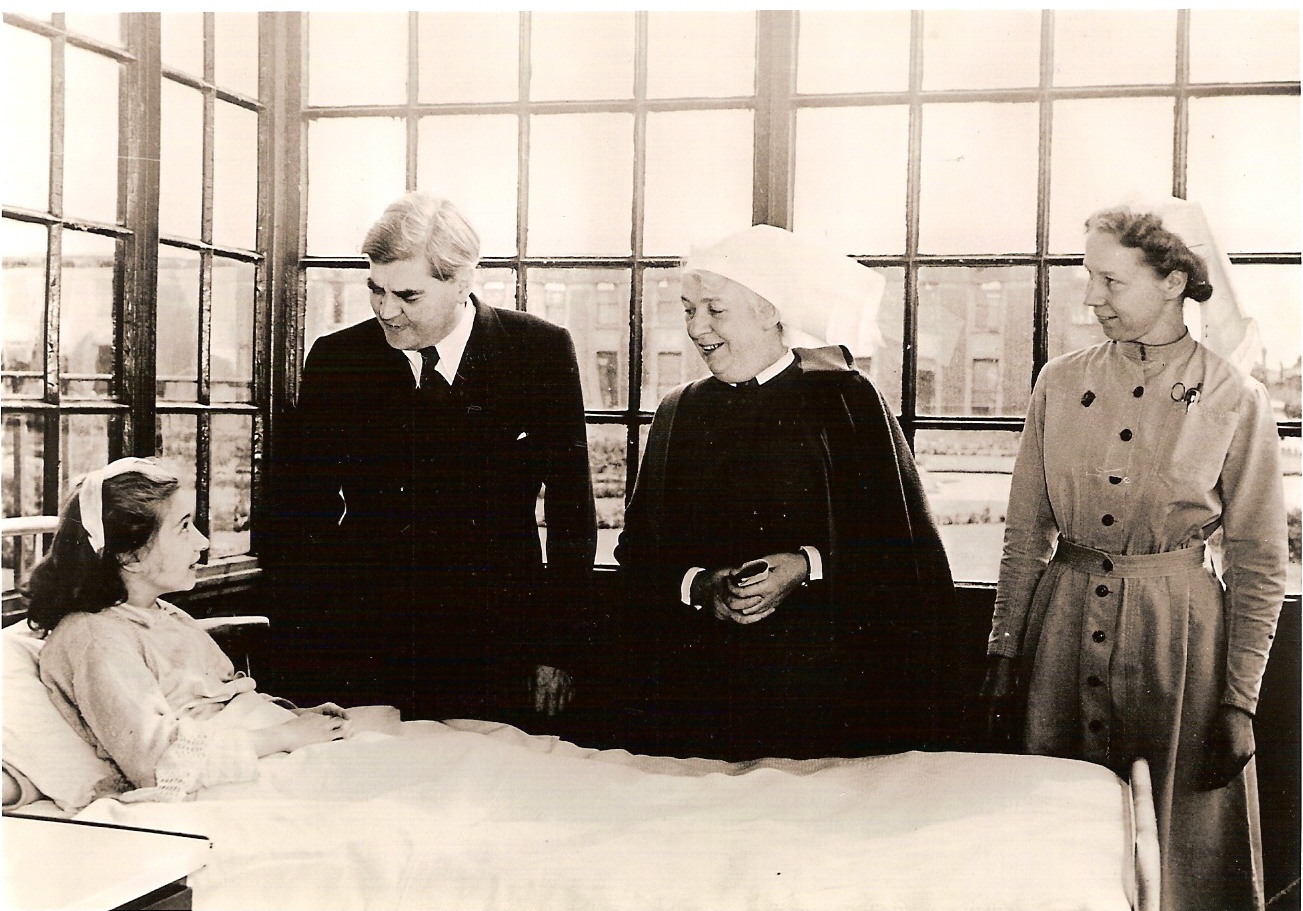In spite of its current state of precarious chaos brought about through years of unforgivable mismanagement, the UK still has much to be grateful for in its National Health Service. You don’t have to search hard to find devastating examples of the suffering and inequality resulting from the dependence on a system of private healthcare. *Ahem, USA*.
72 years ago today, on 5th July 1948, the Atlee government opened the NHS for the first time. Slyvia Beckingham, a 13-year-old child with a liver condition, was its first patient.

Suggestions of how to revolutionise the healthcare system had been circulating for some time before the opening of the NHS, though never without criticism. In particular, the 1937 novel “The Citadel”, by Dr. A.J Cronin, spark heated conversations about the existing system. As a criticism of their then current system, highlighting its many shortcomings in the process, it was a novel met with both support and outcry.
A physician residing in Liverpool, Dr Benjamin Moore’s ideas written in “Dawn of the Health Age” were also highly influential in building momentum, and were later included in the essential 1941 Beveridge Report.
It was not, however, until WWII broke out that substantial support for a reformed system was achieved. Whilst health insurance had previously only covered those with jobs, the unprecedented impact of the war was met with a consensus that dependents on wage-earners must also be covered.
In 1941, the Beveridge Report was released, detailing the need for “comprehensive health and rehabilitation services”. It was supported by all parties throughout the House of Commons.
Although the groundwork had already been created for what was to become the NHS, it was not until the 1945 Atlee government came into power that the idea properly took shape. The work of Aneurin Bevan, the health minister of the Labour government, was imperative to this transformation. He advocated strongly for its creation to be built on the following four principles; that it should be free at the point of use, available to everyone who needed it, paid for out of general taxation, and finally, to be used responsibly. It was because of him that the NHS blossomed and healthcare was given on the basis of need rather than ability to pay.
Lead image: Aneurin Bevan, second from left, meets Sylvia Beckingham, the first patient of the NHS, while visiting Park Hospital, Manchester, now Trafford General.

